The Strange Case of Jacky Caillou (2023), which had its premiere at the ACID section of the 2022 Cannes Film Festival, begins as a quirky slice-of-life film set in the rural Alps but traverses into something quite fantastically distinct by the time it has finished its short runtime of ninety minutes. Despite this shift, the film amalgamates the mythic aspects of the story with the realist groundings of its pastoral settings—marking an auspicious debut for director Lucas Delangle as well as his lead star, Thomas Parigi.
Set in the serenely beautiful Alps, the film follows our titular protagonist, Jacky (Parigi), who lives in a hillside hamlet with his grandmother, Gisèle Caillou (an effervescent Edwige Blondiau). Giséle is revered in their community due to her knack for curing strange ailments via magnetic healing and Christian prayers. With a bunch of folks patiently sitting on chairs waiting for Giséle to look into their eccentric maladies, the Caillou household resembles more a doctor’s clinic than a home.
Meanwhile, Jacky’s daily routine comprises tending after his grandmother and occasionally taking her to visit stone cairns marking the grave of his late parents, who died in a car accident. In his free time, Jacky records personal songs with an experimental lo-fi vibe and hangs out at the local pub—his excessive carefree nature concerning Giséle about his future.
But when Hervé (Jean-Louis Coulloc’h) shows up at Giséle’s doorsteps with his ailing daughter, Elsa (Lou Lampros), Jacky suddenly finds himself drawn to his grandmother’s powers. When tragedy strikes home, Jacky is forced to step into Giséle’s shoes to heal an incorrigible Elsa, who has a growing mold-like infection on her back.
At the same time, the small village is plagued by the presence of a wolf who has begun to attack the local farmer’s sheep. As the village folks seem headstrong to bring down the predator, Jacky realizes that he must race against time to save Elsa as well as the livestock of the village. But does Jacky have his grandmother’s abilities to help other lives and prevent a tragedy from unfolding? Or will the turn of events lead him to a more perceptive understanding of the limitations of helping others?
Director Lucas Delangle, who co-wrote the screenplay with Olivier Strauss, based the film on his rural upbringing and his encounter with several magnetic healers in the area, who ended up transforming his overtly rational understanding of the world. Hence, it is unsurprising that Delangle’s ideological mixing of the sensible with the superstitious is reflected in his formal approach, which employs documentary-naturalism to explore a story rooted in magical realism.
Even though Jacky Caillou isn’t exactly a horror film despite its dark underpinnings, it closely resembles other folk horrors like Midsommar (2019) in its style. Cinematographer Mathieu Gaudet frequently uses steady shots and a fly-on-the-wall approach, which, combined with the upliftingly melancholic score, helps give the film a sense of poetic realism. Even when the film steers towards its fantastical elements, Delangle eschews special effects to create a more grounded view of lycanthropy.
As its original meta-title, The Strange Case of Jacky Caillou, suggests (borrowing from R. L. Stevenson’s seminal The Strange Case of Dr. Jekyll and Mr. Hyde), Lucas Delangle’s film is about the duality in human nature and how each person inhabits a beast inside them. Delangle examines this dichotomy through the character of Elsa, which lends the picture a feminist dimension, but one that feels somewhat familiar considering the increase in ecofeminist horror films like The Witch (2015) and mother! (2017).
A subtext also hints at the problematics of the male savior complex through Jacky’s vehemence in curing Elsa. But this arc does not feel fully developed due to the lack of insight we are given about Elsa’s character. Apart from this Jungian duality and gendered polemic, the film also abounds in Biblical imagery, thanks to its stretched rural landscape, use of an innocent lamb in one of its most heart-breaking sequences, and a messianic protagonist.
Thomas Parigi, who makes his acting debut in the film, is marvelous as Jacky, and it is his fierce commitment to the idiosyncratic proceedings of the plot that lends the film an empathetic touch. With his expressive eyes and poetic demeanor, Parigi embodies such a refreshing softness in his portrayal that it is not hard to follow along in his quest to help those around him. Lou Lampros, as Elsa, does not get substantial context to justify her narrative arc. However, Lampros’s visceral performance, displaying equal part angst and helplessness, neatly complements Parigi’s Jacky.
The restrained craft and the juxtaposition of folklore elements within a realist template that Delangle employs in The Strange Case of Jacky Caillou might not work for everyone. But those willing to follow along in this poetic journey of self-discovery will find much to appreciate in this debut that resists easy rational resolutions.

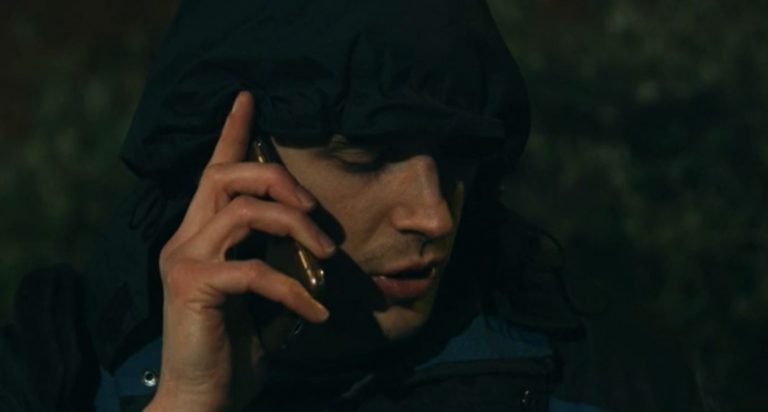
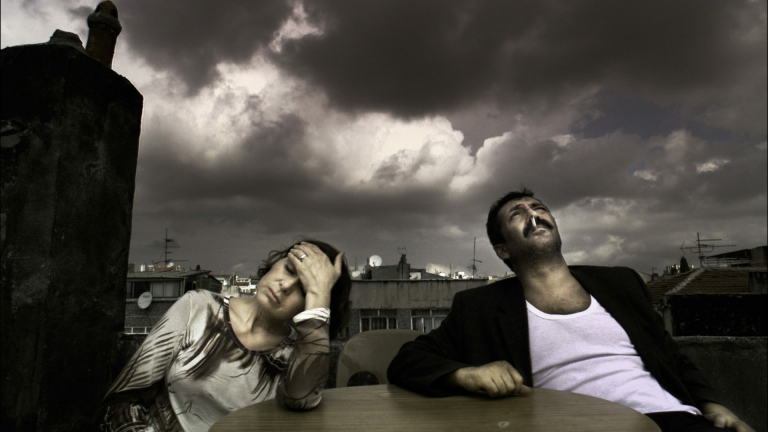
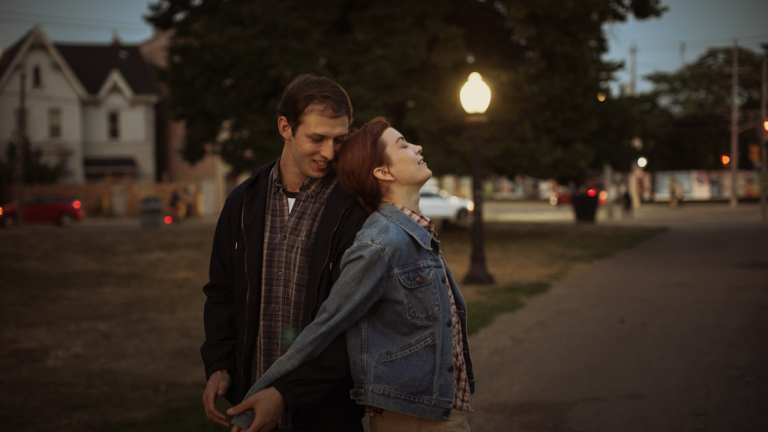
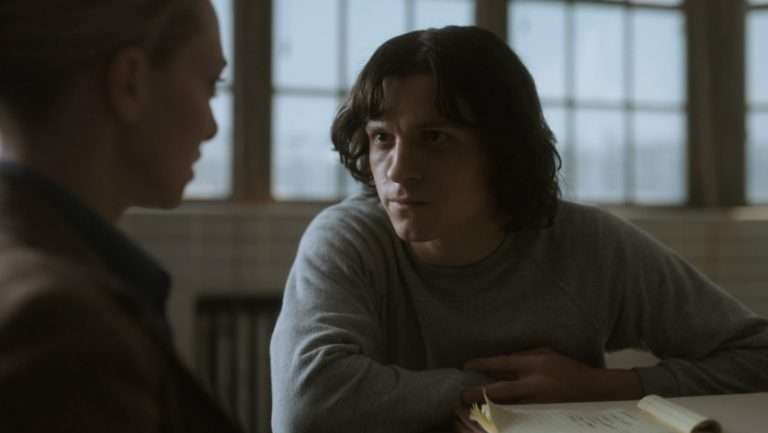
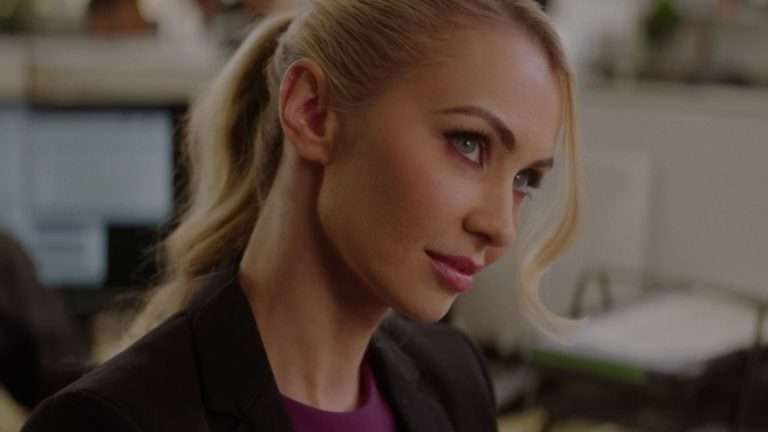
![Land of Gold [2022] ‘Tribeca’ Review: A Brilliant, Bittersweet Addition To The Surrogate Parent-Child Road Trip Genre](https://79468c92.delivery.rocketcdn.me/wp-content/uploads/2022/06/Land-of-Gold-2022-Tribeca-768x433.png)